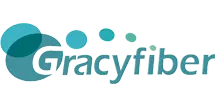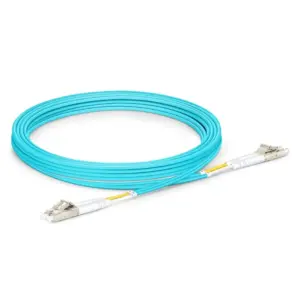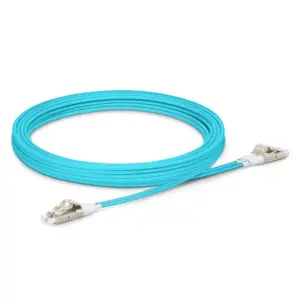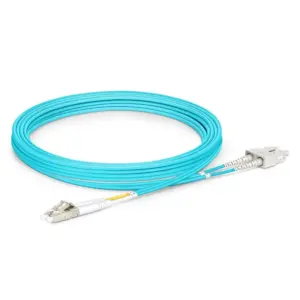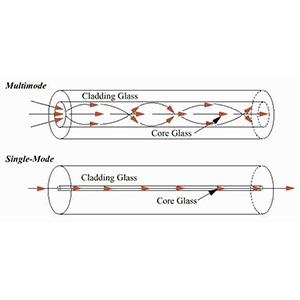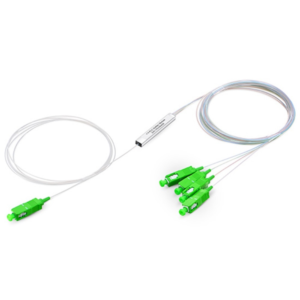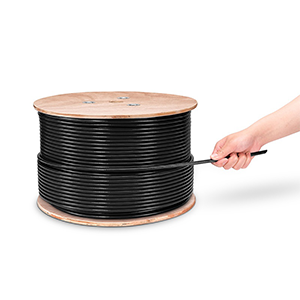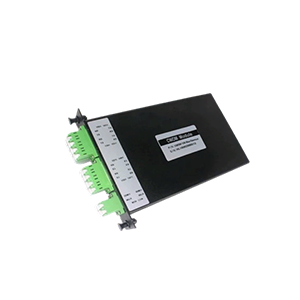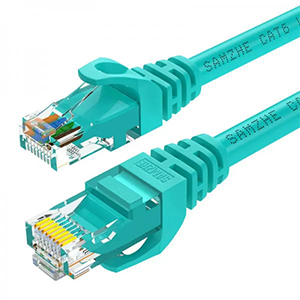As an important part of modern communication technology, fiber optic patch cords play a key role in various network applications. Among many fiber optic patch cords, OM3 fiber optic patch cords are highly favored due to their excellent performance and reliability.
This article will provide an in-depth introduction to the definition, characteristics and applications of OM3 fiber optic patch cords in different fields. We will also explore how OM3 fiber patch cords compare to other fiber grades and provide deployment and maintenance considerations. Finally, we will look forward to the future development trend of OM3 optical fiber jumpers.
Introduction to OM3 optical fiber patch cord
Definition and characteristics:
OM3 fiber optic patch cord is a multi-mode fiber optic patch cord suitable for high-speed data transmission over medium distances. Its main features include:
- High bandwidth: OM3 optical fiber patch cord supports transmission rates up to 10Gbps and above, meeting the needs of modern networks for big data transmission.
- Applicable distance: OM3 optical fiber patch cord is suitable for medium-distance data transmission, generally covering a range of 300 meters to 550 meters.
-
Multi-mode optical fiber: OM3 optical fiber jumper uses multi-mode optical fiber, which can transmit multiple light wave modes and provide higher transmission capacity.
Multimode optical fiber classification:
Multimode optical fiber is classified according to different standards, among which OM3 level, as a common multimode optical fiber level, has the following characteristics: - Fiber core diameter: The fiber core diameter of OM3 fiber jumper is 50/125 microns, which is slightly different from other multimode fiber grades.
- Mode field diameter: The mode field diameter of the OM3 fiber jumper is approximately 9.2 microns, which is suitable for optical signal transmission at a wavelength of 850 nanometers.
- Typical attenuation: The typical attenuation of OM3 optical fiber patch cord is 3.5dB/km, which ensures the stability of the signal during transmission.
The structure and parameters of OM3 optical fiber jumper
structure:
OM3 fiber optic patch cord consists of the following main components:
- Optical fiber core: The optical fiber core located in the center is responsible for the transmission of optical signals and uses fiber materials to ensure low loss and high efficiency.
- Cladding: The cladding surrounding the fiber core is used to protect the optical signal from external interference and loss.
-
Sheathing: Sheathing located on the outside of the cladding provides additional protection and mechanical strength.
Parameters:
The core diameter of OM3 fiber patch cord is 50/125 microns, the mode field diameter is approximately 9.2 microns, and the typical attenuation is 3.5dB/km. In addition, there are some other important parameters that need to be understood, such as insertion loss, return loss, maximum pulling force, etc. The optimized design of these parameters ensures high-performance transmission of OM3 fiber optic patch cord.
Application fields of OM3 optical fiber jumpers
Data center network:
In high-speed data center networks, OM3 fiber optic patch cords are widely used in server interconnections, storage area networks (SAN), and high-speed communications within data centers. Its high bandwidth and moderate transmission distance enable data centers to achieve fast and reliable data transmission to meet the needs of large-scale data processing and storage.
Local Area Network (LAN):
In enterprise and campus LANs, OM3 fiber optic patch cords are widely used for high-speed network connections between and within buildings. It provides fast data transfer rates and stable performance, supporting various network applications such as video conferencing, cloud computing, and file sharing.
Video transmission:
OM3 fiber optic patch cord plays an important role in high-definition video transmission and video surveillance systems. It can transmit high-definition video signals and maintain signal stability and quality, allowing the video surveillance system to monitor and record important scenes in real time and efficiently.
Transmission performance of OM3 optical fiber jumper
Transmission distance:
The maximum transmission distance that OM3 fiber optic patch cords can support is generally between 300 meters and 550 meters, depending on factors such as specific fiber quality, connectors, and transmission rates. In practical applications, the appropriate transmission distance can be selected according to needs.
Transmission rate:
OM3 fiber optic patch cord shows good performance under different transmission rates. It can support high-speed data transmission of 10Gbps, 40Gbps or even 100Gbps, meeting the needs of different network environments. The high-speed transmission rate makes data transmission faster and more efficient.
Comparison of OM3 fiber optic patch cords with other fiber grades
Performance comparison:
Compared with other multi-mode fiber grades such as OM1, OM2 and OM4, OM3 fiber patch cord has higher bandwidth and transmission performance. Its core diameter and mode field diameter are more optimized, and its attenuation value is lower, making it suitable for high-speed data transmission over medium distances.
Applicable scenarios:
When selecting OM3 fiber optic patch cords or other fiber grades, evaluation should be based on specific application scenarios. If high-speed data transmission over medium distances is required and high bandwidth and performance requirements are required, OM3 fiber optic patch cords are an ideal choice. In the case of shorter or longer distance transmission and low bandwidth requirements, other optical fiber levels can be considered.
Precautions for deployment and maintenance of OM3 optical fiber jumpers
Installation and connection:
When installing OM3 optical fiber jumpers, you need to pay attention to the following points:
- Avoid bending: Fiber optic patch cords should avoid excessive bending to prevent optical signal loss.
- Clean the connector: Keep the connector clean to avoid dust and dirt from affecting signal quality.
-
Ensure correct connection: Correctly connect jumpers and devices to ensure the stability of signal transmission.
Maintenance and care:
The keys to maintaining OM3 fiber optic patch cords include: - Regular cleaning: Use appropriate tools and cleaning agents to clean fiber optic connectors regularly to ensure the quality of signal transmission.
- Protective measures: Take protective measures to avoid mechanical damage and external environment
- Temperature control: OM3 optical fiber jumpers are sensitive to temperature changes and should be used within the specified temperature range to avoid the impact of too high or too low temperatures on fiber performance.
- Protective sleeves: In environments where fiber jumpers need to be protected, protective sleeves can be used to increase their mechanical strength and durability and prevent physical damage and external interference.
- Regular inspection: Regularly check the connection status and performance of the fiber jumper to ensure its normal operation. If any problems are found, take prompt repair measures.
The future development trend of OM3 optical fiber jumpers
- Increase bandwidth and transmission rate: As network demand grows, future OM3 fiber optic patch cords may further increase bandwidth and transmission rate to meet higher-speed data transmission needs.
- Extended transmission distance: Researchers are developing new technologies and materials to extend the transmission distance of OM3 fiber optic patch cords so that they can cover a wider range of application scenarios.
- Higher density connections: As the density of data centers and network equipment continues to increase, future OM3 fiber optic patch cords may adopt higher density connectors and cabling solutions to provide more compact and efficient network connections.
Summary:
OM3 fiber optic patch cord, as a multi-mode fiber optic patch cord, has the characteristics of high bandwidth and moderate distance, and is widely used in data center networks, local area networks, video transmission and other fields. OM3 fiber optic patch cords offer higher performance and transmission capabilities compared to other fiber optic grades. During deployment and maintenance, attention needs to be paid to installation and connection details, as well as regular cleaning and inspection. In the future, as network demand grows, OM3 fiber optic patch cords are expected to further increase bandwidth and transmission rate and be used in a wider range of scenarios.
